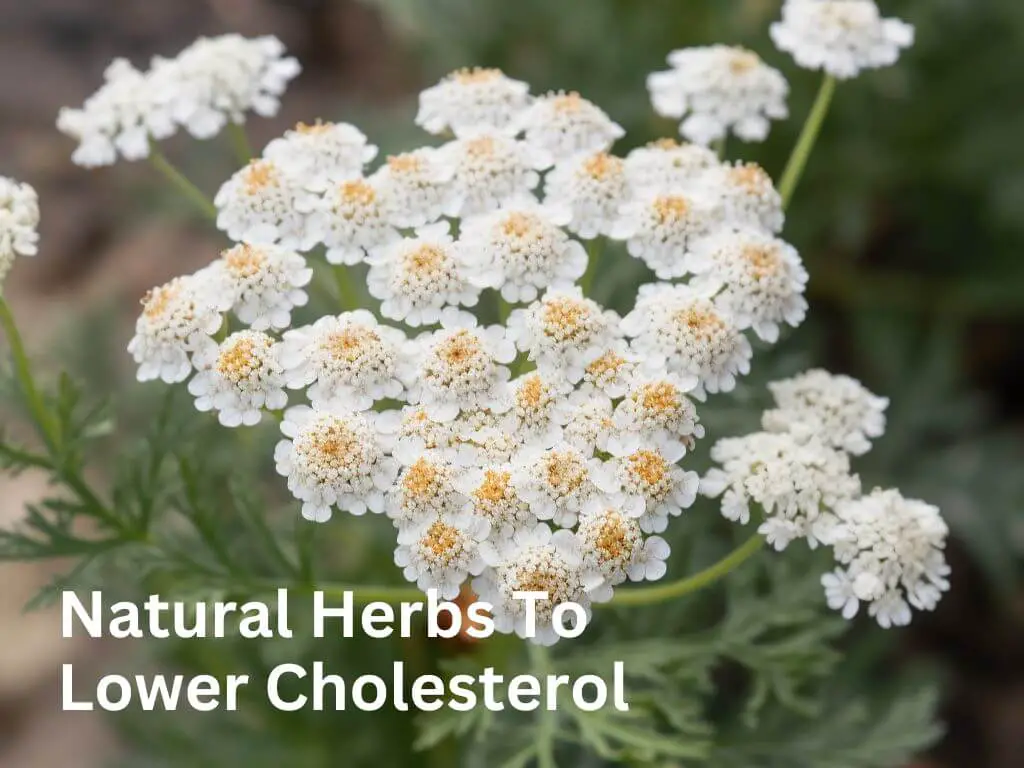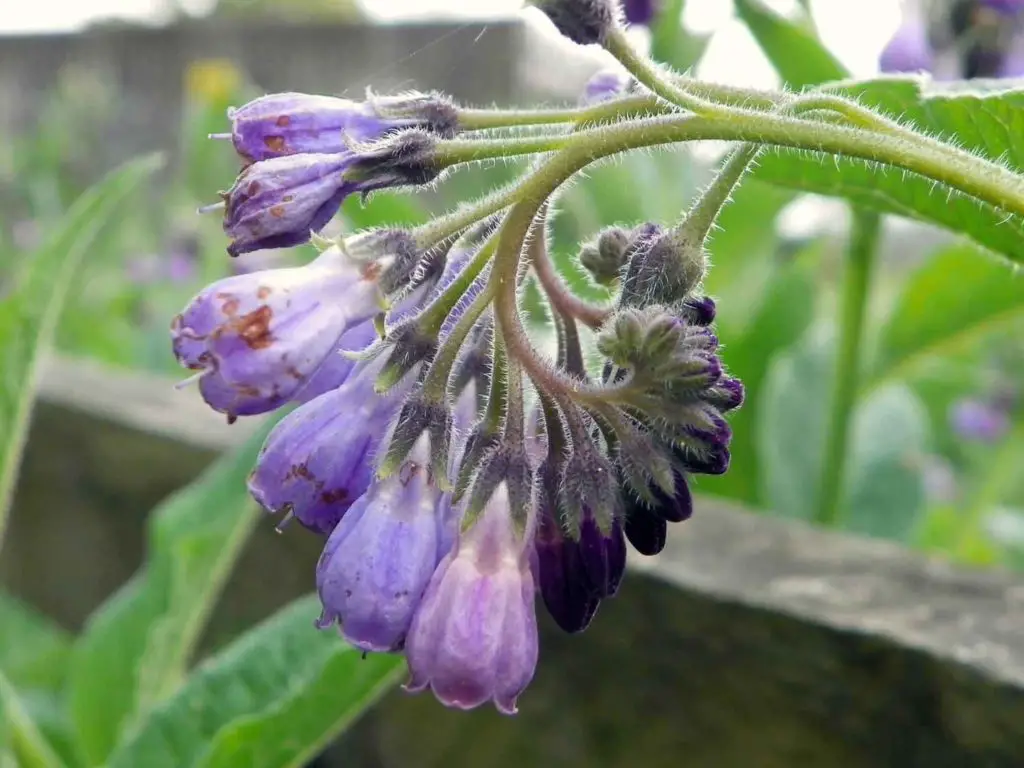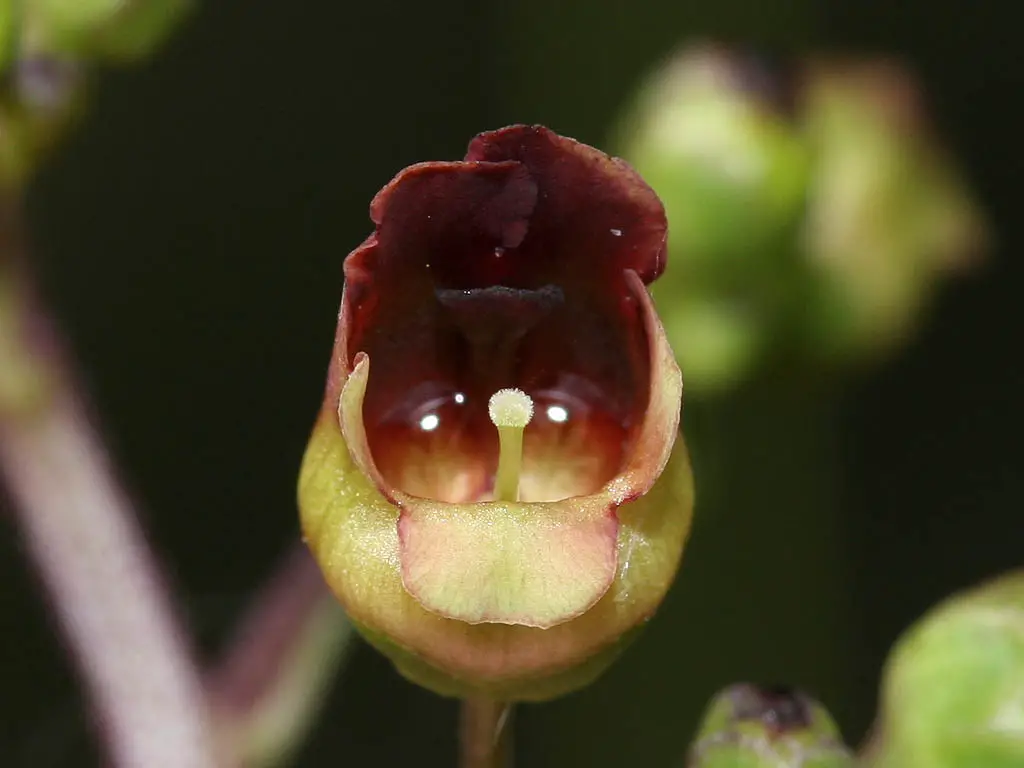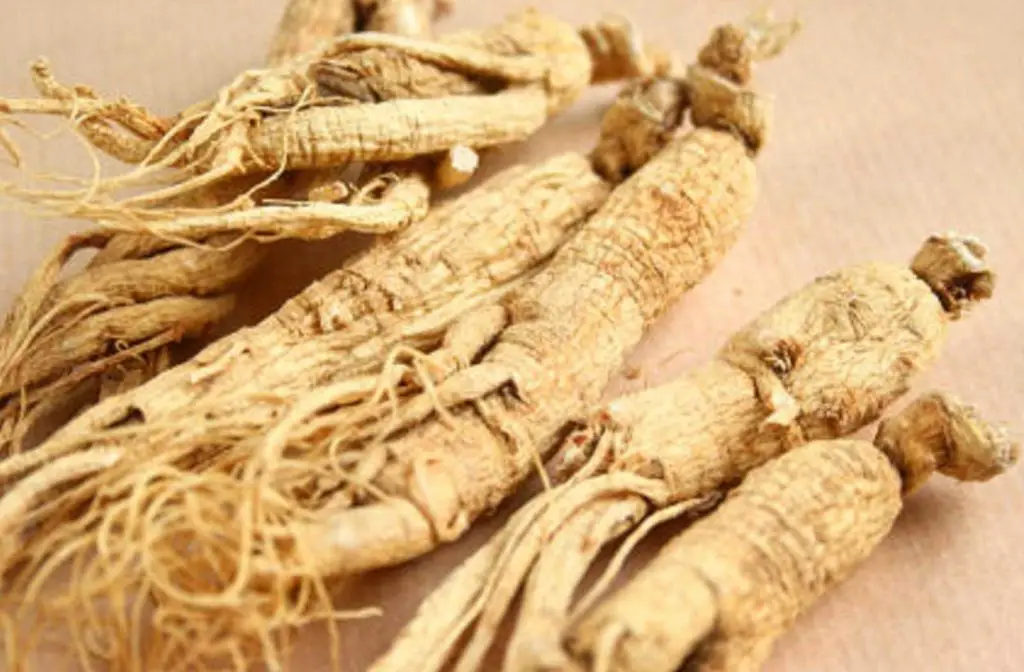According to the Centers for Disease Control and Prevention (CDC), half of American adults suffer from hypertension, even higher in men than women. Hypertension is one of the leading causes of critical cardiovascular problems like stroke and heart attack. Because of its fatal risks and prevalence in the population, it became a primary cause of death in the U.S.A.
Despite how common it is in the population, the cost of acquiring maintenance medicine is steep for many Americans. However, it doesn’t mean you won’t find other medication than conventional pharmaceuticals. There are many natural herbs to lower cholesterol that cost less and with fewer side effects.
In the list below, we compiled some of the famous natural remedies to lower cholesterol:
Fenugreek (Trigonella Foenum-Graecum)
Fenugreek or Trigonella foenum-graecum is a long herb used in most Indian culinary. Fenugreek is believed to have originated from Western Asia, Southeastern Europe, and North Africa. Research shows that fenugreek is abundant in trigonelline, cinnamic acid, and scopoletin.
In folk remedy, fenugreek is advised for women with lactation problems. Fenugreek is the primary natural herb to boost breastmilk production. Furthermore, this plant’s extracts were also shown to promote testosterone production in men. Another vital benefit of fenugreek is its ability to regulate blood pressure.
In a systematic analysis of published research, fenugreek significantly improved the total cholesterol in the subjects’ total plasma concentration. This meta-analysis examined 12 randomized control trials of over 560 participants or subjects.
Artichoke Leaf Extract
Artichoke is a variety of edible thistles that is native to the Mediterranean region and are primarily used as a food garnish or ingredient. In America, some folks call artichokes French artichokes, globe artichokes, or green artichokes. There’s an abundance of antioxidants found in artichokes, mainly the antioxidant cynarine is detected all over the plants’ parts.
As a vegetable loaded with antioxidants, it produces various health benefits, including improving liver function and caner-protective properties. Artichoke leaf extracts also improve digestion and ease lower bowel movement symptoms. Some evidence supports the ability of artichoke extracts to lower blood pressure.
Certain research suggests that artichoke leaf extracts lower cholesterol levels by preventing it from forming in the first place. Another study suggests that artichoke leaf extracts help the body process cholesterol more efficiently.
Yarrow (Achillea Millefolium)
Yarrow is a flowering plant known by different names, such as Achillea millefolium, devil’s nettle, milfoil, old man’s pepper, sanguinary, soldier’s woundwort, and thousand seal. This herbaceous, perennial plant is native to northern parts of Europe, Asia, and North America. Historically, it’s used as a laxative and a pain reliever.
As an essential part of the folk remedy, yarrow extracts can help improve wound healing and reduce the risk of infections. Yarrow extract also helps improve brain health. Recent studies show that yarrow extracts have significant antioxidant properties, which can control inflammation and lower cholesterol levels in the blood.
An in-vitro study demonstrated the ability of yarrow supercritical extracts to alter lipid metabolism. Although this research is explicitly aimed at pancreatic cancer treatment, its outcome shows that yarrow extracts could also be used to lower cholesterol levels.
Ginger (Zingiber Officinale)
Ginger or Zingiber officinale is a vital spice used in various cuisine worldwide. This essential culinary plant is native to parts of China and India but is now grown in other tropical countries. Despite being a vital spice for various traditional dishes, ginger is also historically used in folk medicine.
Ginger is often used to relieve nausea, morning sickness, and digestive problems. Ginger supplements are also excellent immune boosters to fight colds and flu. Regularly consuming this spice can reduce cancer risk, improve brain function, and improve heart health.
A systematic review analysis showed ginger supplements effectively lowered triglycerides (TAG) and low-density lipoprotein cholesterol (LDL-C). This meta-study looked at 12 published trials, which amounts to 586 participants.
Turmeric
Another vital and readily available spice with proven cholesterol-lowering abilities is turmeric. Turmeric is a powerful root herb native to the Indian subcontinent and Southeast Asia. This bright-yellow spice has been used for centuries in traditional medicine and folk remedies.
The active ingredient in turmeric is curcumin, which possesses antioxidant, anti-inflammatory, antiviral, and anticancer properties. Curcumin is often used to fend off degenerative conditions because of its abundant antioxidants. Curcumin is also recommended to boost cardiovascular health and lower fatal heart diseases.
In a 2018 experimental study, researchers looked at the cholesterol-lowering effects of curcumin in tandem with phytosterol therapy. The study concluded that the addition of curcumin showed a significant outcome in lowering cholesterol levels to safe levels.
Garlic
Like turmeric and ginger, you’d be surprised at the countless benefits garlic can bring to your body. This wonder spice is a flowering plant species native to Southeast Asia and Central Asia. Garlic has been a primary ingredient in traditional dishes and ancient medicine for centuries.
Garlic is packed with antioxidants, which can help reduce inflammation and oxidative damage caused by toxins and free radicals. This aromatic spice also treats common colds, flu, and other common respiratory problems. The active biological compounds found in garlic are proven to benefit heart health and lower cholesterol levels.
A comparative study was conducted to analyze garlic extracts’ effectiveness in lowering cholesterol levels compared to atenolol, the traditional medicine to treat hypertension. The study showed that 600 to 1200mg of garlic supplements taken regularly are comparable to the cholesterol-lowering effects of atenolol.
The Bottomline
With the growing cases of hypertension in the country and worldwide, it’s essential to check your cholesterol levels regularly. Unfortunately, the prices of hypertension medication and maintenance are also growing along with other essential expenses. If your budget is tight, but you want to keep your heart health in check, you may turn to natural remedies for help.
Nature is filled with powerful herbs, spices, and plants that can be used to lower cholesterol. While results may vary from person to person, these remedies are far cheaper than traditional medications, not to mention the fewer risks and side effects attributed to them. Keep your heart in perfect shape with these natural herbs to lower cholesterol.
Subscribe to our newsletter!
Natural Herbs To Lower Cholesterol FAQs
What Are the Side Effects of High Cholesterol?
High cholesterol is closely related to heart disease, stroke, and other deadly conditions. High cholesterol can clog the arteries, increasing the risk of developing severe health complications such as coronary artery disease. The primary cause of skyrocketing cholesterol levels is unhealthy lifestyle choices, such as consuming processed foods and not exercising regularly.
What Herb Is Best for Lowering Cholesterol?
The natural remedies we listed above are the most common and scientifically-backed herbs and spices with cholesterol-lowering properties. There are countless other ayurvedic that deliver the same outcome, but these are the most reliable and have been scientifically tested in numerous studies. If you want to try different herbs to normalize your cholesterol levels, do due research and ask natural medicine professionals before trying them out.
How Can I Lower My Cholesterol Fast and Naturally?
Watching what you eat and exercising regularly is the best and most natural way to lower cholesterol. Incorporate more fiber-rich and plant-based foods into your diet, limit your processed food intake, and avoid unhealthy fats as much as possible.
On top of that, adding these natural herbs to your diet or taking them as a supplement can potentially increase your chances of lowering your cholesterol levels. Combine a healthy diet and regular exercise with natural remedies, and you can keep your cholesterol levels within the healthy range in no time.
What Is the Best Drink To Lower Cholesterol?
Drinking plenty of fluids, especially water, is essential for lowering cholesterol levels. Adding herbal teas to your daily drinking regimen can also help lower cholesterol. These natural remedies are rich in antioxidants and other beneficial bioactive compounds that can reduce inflammation and improve cardiovascular health.
References:
- https://www.cdc.gov/bloodpressure/facts.htm#:~:text=Nearly%20half%20of%20adults%20in,are%20taking%20medication%20for%20hypertension.
- https://www.cdc.gov/bloodpressure/about.htm#:~:text=High%20blood%20pressure%20can%20damage%20your%20arteries%20by%20making%20them,Chest%20pain%2C%20also%20called%20angina.
- https://www.healthline.com/nutrition/fenugreek#breastmilk
- https://pubmed.ncbi.nlm.nih.gov/32087319/
- https://www.sciencedirect.com/science/article/abs/pii/S0278691516302691?via%3Dihub
- https://pubmed.ncbi.nlm.nih.gov/28609140/
- https://pubmed.ncbi.nlm.nih.gov/26310198/
- https://pubmed.ncbi.nlm.nih.gov/22183827/
- https://www.ncbi.nlm.nih.gov/pmc/articles/PMC6435158/
- https://pubmed.ncbi.nlm.nih.gov/29747751/
- https://www.medicalnewstoday.com/articles/turmeric-cholesterol#:~:text=It%20found%20that%20curcumin%20significantly,better%20impact%20on%20lowering%20cholesterol.
- https://pubmed.ncbi.nlm.nih.gov/24035939/
- https://www.sciencedirect.com/science/article/abs/pii/S0026049517303566




